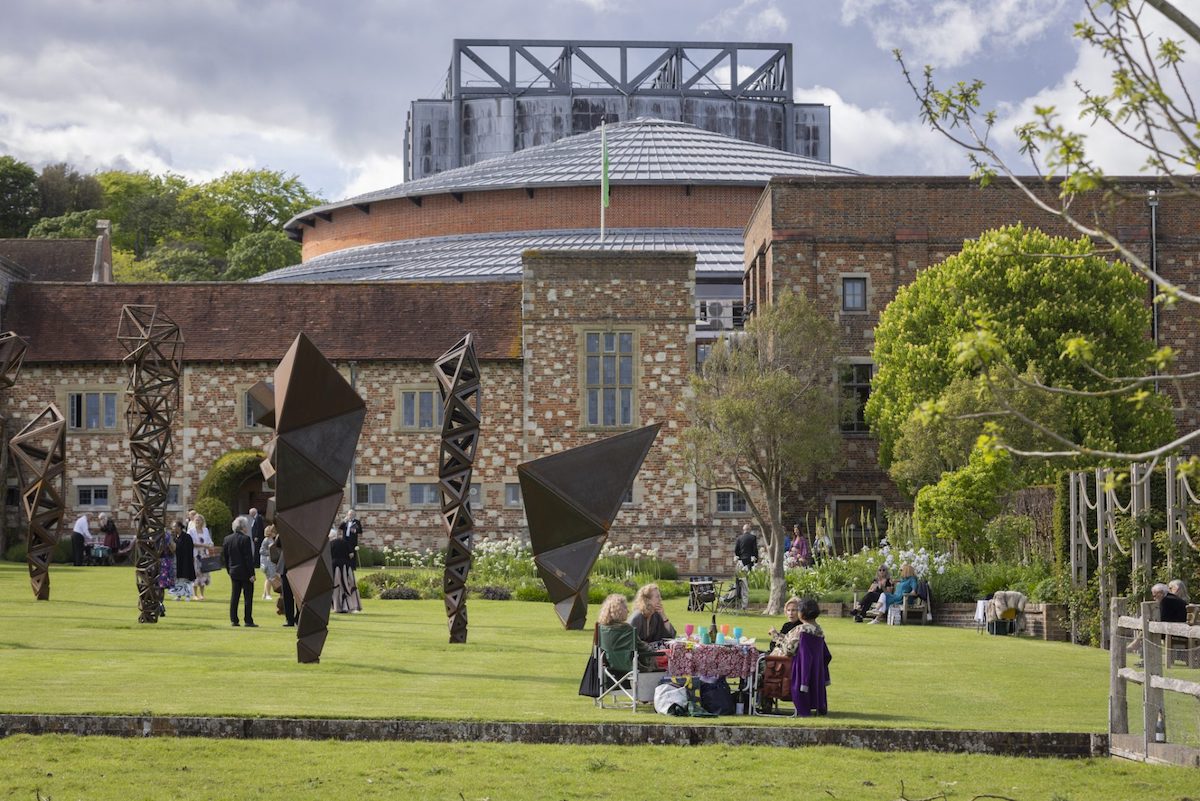Nestled deep in the Sussex countryside, Glyndebourne has been attracting opera fans for almost a century. This year, its flagship summer festival coincides with a celebration of the company’s 90th anniversary. This is no small feat, given the harsh economic climate and challenges UK opera companies face to keep the art form relevant for existing enthusiasts and attract younger generations of opera goers.
Only five years ago, there were hopeful signs of investment and growth in opera. Glyndebourne opened its state-of-the-art production hub in 2019, the year after the Royal Opera House completed the renovation of its main entrance, costing a whopping £50 million (approximately AU$95 million) that was sourced entirely from private funds.
Fast forward to 2024, one Brexit vote and a global pandemic later, and opera companies are facing relentless budget cuts and declining public popularity. The ripple effects are widespread geographically, affecting both the centre and periphery of different UK regions.

Opening night, Glyndebourne Summer Festival 2024. Photo © James Ratchford
Glyndebourne was unable to tour in 2023 due to funding cuts by Arts Council England, meaning that the company’s operas could not reach audiences as widely...
Continue reading
Get unlimited digital access from $4 per month
Already a subscriber?
Log in










Comments
Log in to start the conversation.